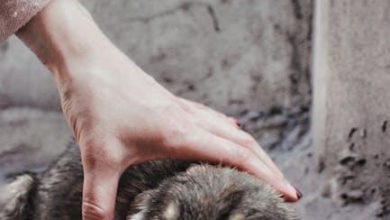How to Socialize Your Puppy for a Confident and Happy Pet
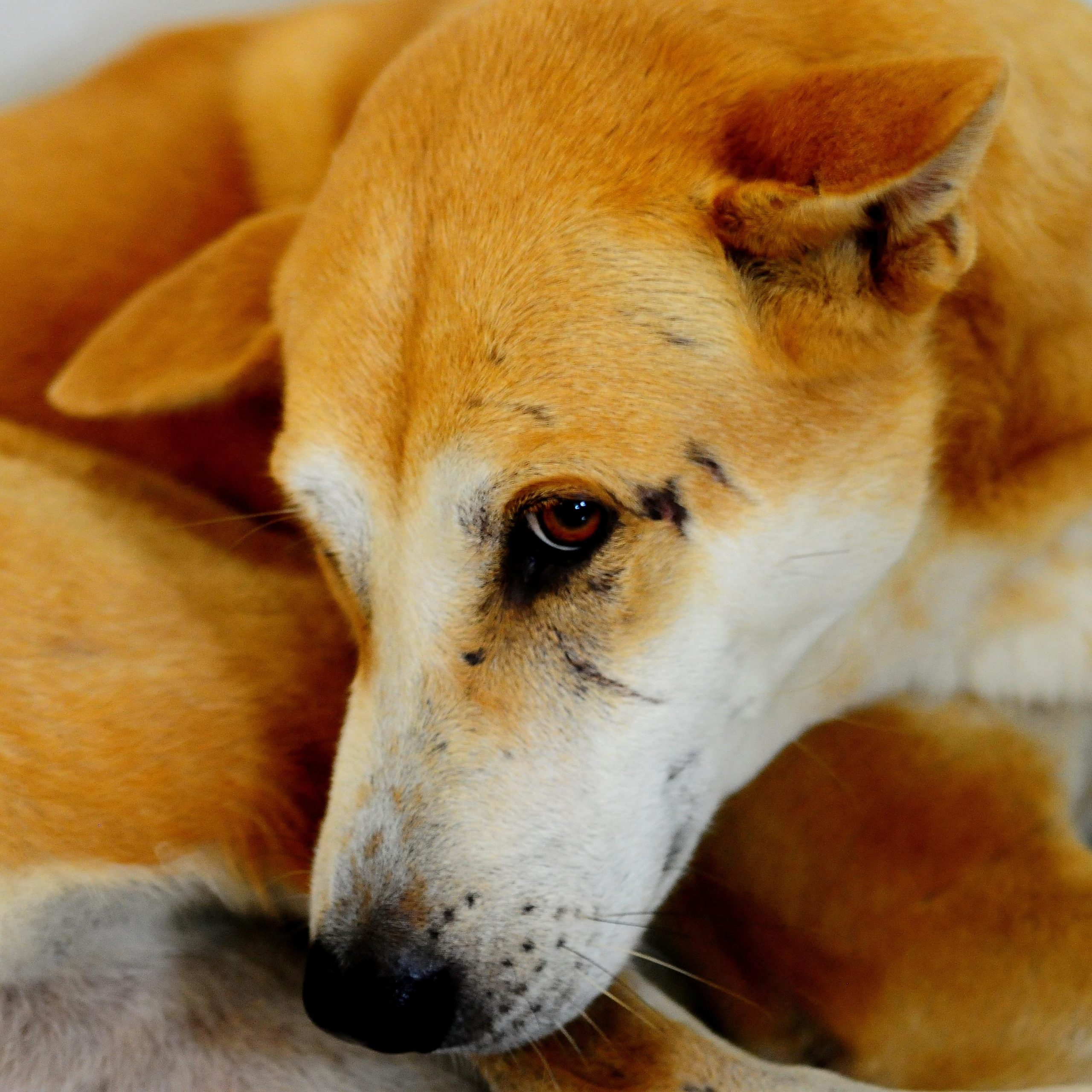
In the delightful chaos of puppyhood, each wagging tail and curious sniff is a step towards a lifetime of companionship and joy. As new puppy parents, we often find ourselves captivated by those soulful eyes and playful antics, yet beyond the adorable facade lies a crucial phase of development: socialization. Just as children learn to navigate the world through interaction and experience, puppies too require guidance to grow into confident and well-adjusted adults. This journey is not merely about teaching your furry friend to coexist peacefully with others; it’s about nurturing a resilient spirit that thrives in the bustling world around it. In this article, we explore the art and science of puppy socialization, offering insights and strategies to help you raise a pet that is not only happy but also equipped to face life’s adventures with tail-wagging enthusiasm.
Understanding Your Puppys Socialization Needs
In the early stages of a puppy’s life, socialization is crucial for developing a well-adjusted and self-assured companion. Puppies have a natural curiosity and eagerness to explore, making it the perfect time to introduce them to a variety of experiences. Socialization involves more than just meeting other dogs; it’s about exposing your puppy to different environments, people, and stimuli to help them become adaptable and resilient. Understanding your puppy’s socialization needs is key to preventing future behavioral issues and ensuring they grow up to be confident and happy pets.
- Exposure to New Experiences: Gradually introduce your puppy to different sounds, smells, and sights, such as household noises, car rides, and various surfaces like grass, sand, or tiles.
- Positive Interactions: Arrange playdates with other vaccinated puppies and well-mannered adult dogs to teach your puppy appropriate social behavior.
- Meeting Different People: Invite friends and family over to meet your puppy, ensuring they are gentle and calm, to help your puppy become comfortable with strangers.
- Training and Reinforcement: Use positive reinforcement techniques to encourage desired behaviors during socialization activities, rewarding your puppy with treats and praise.
By thoughtfully considering these elements, you’ll help your puppy develop the confidence needed to navigate the world around them with ease and joy.
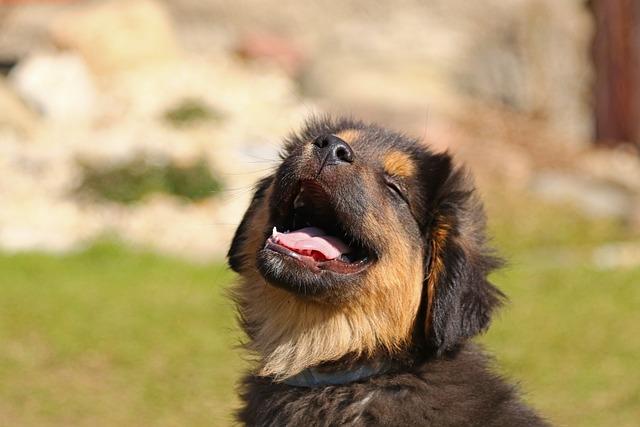
Creating Positive Experiences with New Environments
When introducing your puppy to new surroundings, it’s essential to cultivate positive experiences that will help them feel comfortable and secure. Begin by exposing them to a variety of environments, such as parks, busy streets, and quiet trails. Gradual exposure is key, allowing your puppy to adjust at their own pace. Remember, patience is vital as each puppy reacts differently to new stimuli.
- Reward positive behavior: Offer treats or affection when your puppy responds calmly to new experiences.
- Stay calm and confident: Your puppy will pick up on your emotions, so maintaining a relaxed demeanor can help them feel safe.
- Introduce new elements slowly: If your puppy seems overwhelmed, reduce the intensity of the new experience and try again later.
- Use familiar items: Bringing a favorite toy or blanket can provide comfort in unfamiliar settings.
By taking these steps, you can help your puppy build confidence, ensuring they grow into a well-adjusted and happy companion. The goal is to create a positive association with new environments, paving the way for a lifetime of curiosity and adventure.
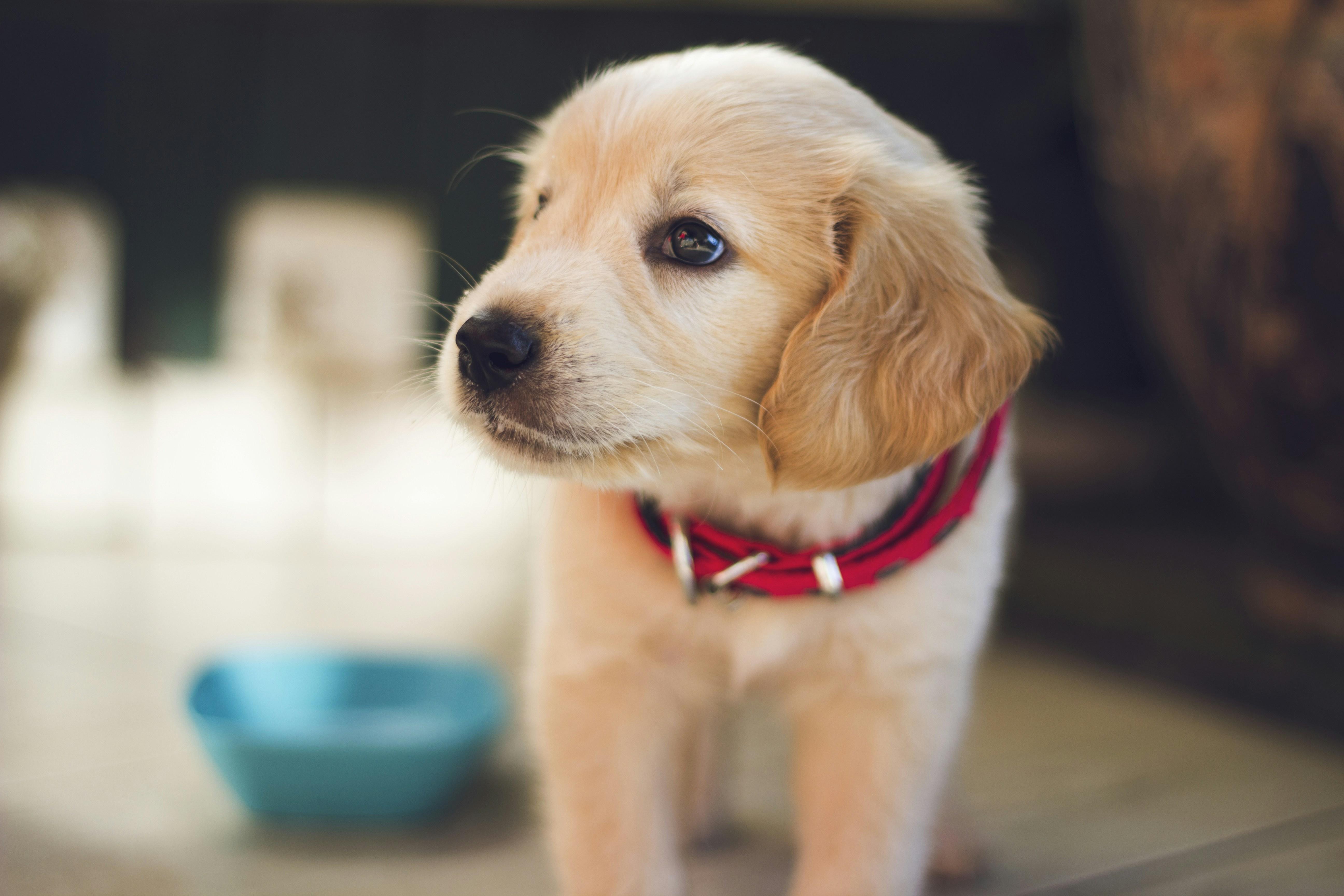
Introducing Your Puppy to People and Other Animals
When introducing your puppy to new people and other animals, it’s crucial to create a calm and positive environment. Start slowly by inviting one or two friends over to meet your puppy. Ensure that your friends understand the importance of approaching the puppy gently and allowing it to come to them at its own pace. Use treats and toys to create a fun and rewarding experience, reinforcing the idea that new people mean good things. Remember, patience is key. If your puppy seems anxious, give it some space and try again later.
For other animals, especially dogs, consider arranging a meeting in a neutral space like a park. Follow these tips to ensure a smooth introduction:
- Keep both animals on a leash initially to maintain control.
- Observe their body language closely for signs of stress or aggression.
- Allow them to sniff and interact at their own pace, stepping in only if necessary.
- Reward positive interactions with treats and praise.
Encouraging these early interactions will help your puppy develop into a confident and socially adept pet, ready to face the world with curiosity and joy.
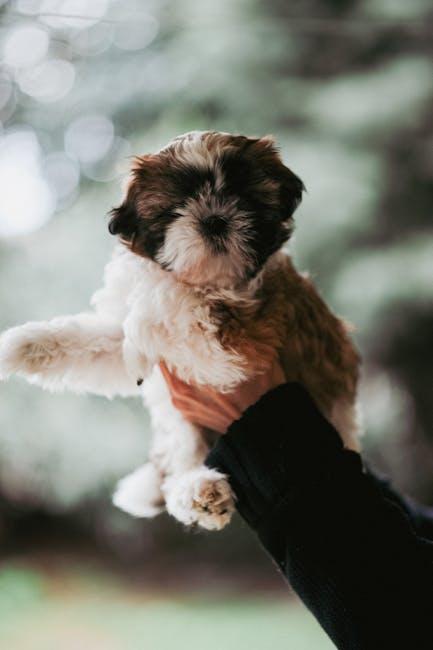
Overcoming Common Socialization Challenges
Socializing your puppy can sometimes feel like navigating a maze of unpredictable puppy behavior and unexpected reactions. To help your furry friend grow into a well-rounded adult dog, it’s essential to address these challenges head-on. Here are some common hurdles and how to overcome them:
- Fearfulness: Puppies might be wary of new environments or people. Gradually introduce them to different settings, ensuring each experience is positive. Use treats and praise to reinforce calm behavior.
- Overexcitement: Energetic puppies can become overwhelmed in social situations. To manage this, start with short, controlled interactions and slowly increase the duration as they become more comfortable.
- Shyness: Some puppies may be naturally reserved. Encourage interaction with a variety of people and animals, offering rewards for brave behavior and giving them time to adjust at their own pace.
By identifying and addressing these challenges early, you can help your puppy become a confident and happy member of your family. Remember, patience and consistency are key!
